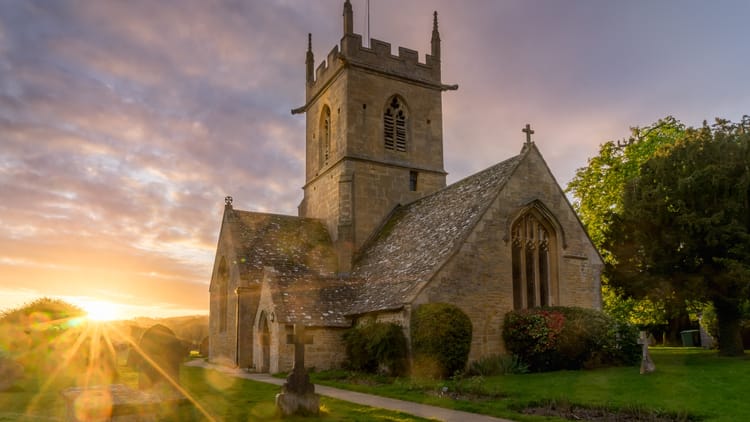The Drama of Doctrine
In his excellent book The Drama of Doctrine, Kevin Vanhoozer argues that doctrine serves the church, which he calls "the theater of the gospel," by directing individuals and congregations to participate in the drama of what God is doing to renew all things in Jesus Christ. In other words, doctrine allows us to participate in the theo-drama in which Father, Son, and Holy Spirit are the principal players, but in which the audience is called to participate.The Bible functions “not as a book filled with propositional information,” he writes, but “as a script that calls for faithful yet creative performance."This is one of the best treatments of theocentric doctrine and preaching I've found. Vanhoozer is clear that the theo-drama is primarily about God, but that doctrine enables us to find our place in the drama of what God is doing. Theocentric preaching allows us to understand our place in the script. Theologians help us live among the texts in our contemporary context, giving us practical wisdom so that we can “turn the gold of the gospel into the workaday stuff of ordinary life.” The task of every Christian is to perform the Scriptures “that attest to the covenant and its climax, the person and work of Jesus Christ.” Our goal is “not simply to play a role but to project the main idea of the play.”Vanhoozer reminds us of the importance of preaching:
What the pastor/director really needs to do is to take the congregation's imagination captive to the Scriptures so the theo-drama becomes the governing framework of the community's speech and action (2 Cor. 10:5). The pastor/director needs to instill confidence in a congregation that playing this script is the way to truth and abundant life. Such direction is largely through preaching, an obedient “listening to the text on behalf of the church.” Herman Melville's image of the pulpit as a ship's prow that leads the way through uncharted waters is strikingly apt:
“[T]he pulpit leads the world.”
For preachers who do this, the rewards are great:
The sermon, not some leadership philosophy or management scheme, remains the prime means of pastoral direction and hence the pastor's paramount responsibility. The good sermon contains both script analysis and situation analysis. It is in the sermon that the pastor weaves together theo-dramatic truth and local knowledge. The sermon is the best frontal assault on imaginations held captive by secular stories that promise other ways to the good life. Most important, the sermon envisions ways for the local congregation to become a parable of the kingdom of God. It is the pastor's/director's vocation to help congregations hear (understand) and do (perform) God's word in and for the present.
Only theocentric preaching can do what Vanhoozer describes. Preaching helps us understand our part in the theo-drama, and places our lives in the context of what God is doing. When done well, it's much more relevant than anthropocentric preaching. Preaching like this enables faithful performances of the gospel within particular settings. Not a bad way to preach at all.





